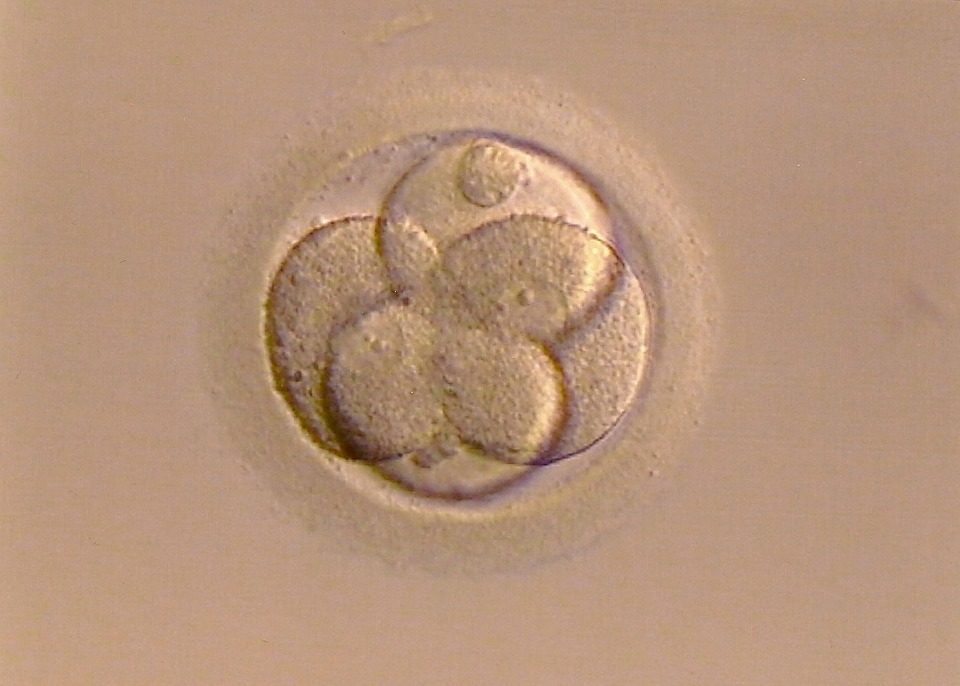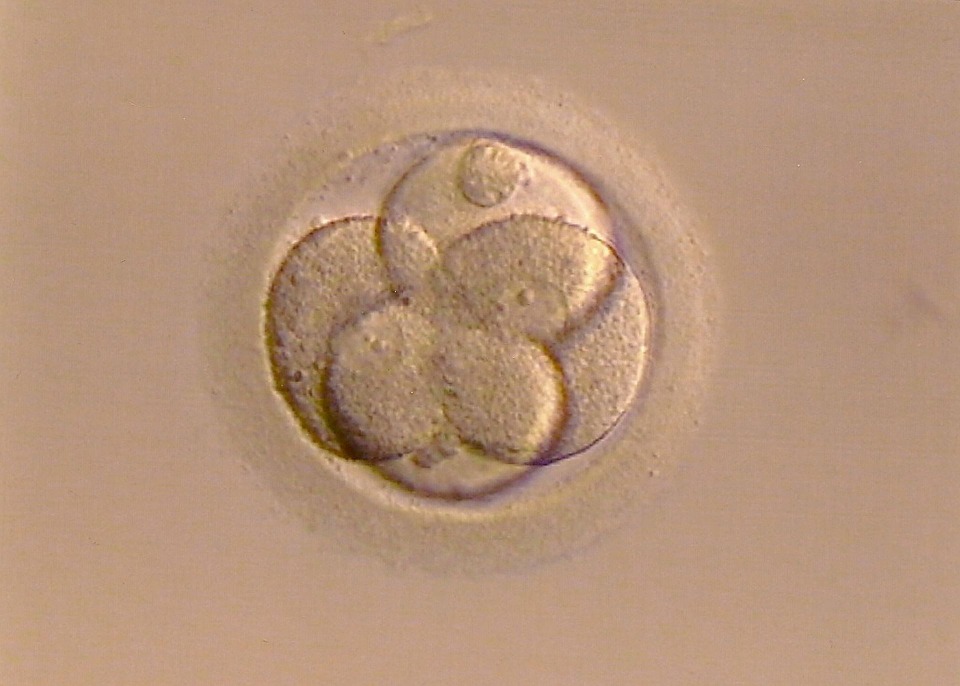
Eggs can be ‘tricked’ into developing into an embryo without fertilisation, but the resulting embryos, called parthenogenotes, die after a few days because key developmental processes requiring input from sperm don’t happen.
However, scientists from the Department of Biology & Biochemistry at the University of Bath have developed a method of injecting mouse parthenogenotes with sperm that allows them to become healthy baby mice with a success rate of up to 24 per cent.
This compares to a rate of zero per cent for parthenogenotes or about two per cent for nuclear transfer cloning.
The study is published today (Tuesday, 13 September, 2016) in the journal Nature Communications.
Molecular embryologist Dr Tony Perry, senior author of the study, said: “This is first time that full term development has been achieved by injecting sperm into embryos.
“It had been thought that only an egg cell was capable of reprogramming sperm to allow embryonic development to take place.
“Our work challenges the dogma, held since early embryologists first observed mammalian eggs around 1827 and observed fertilisation 50 years later, that only an egg cell fertilised with a sperm cell can result in a live mammalian birth.”
The idea was the brain child of Dr Toru Suzuki in Dr Perry’s team in the University of Bath’s Laboratory of Mammalian Molecular Embryology, who performed the study together with team member Dr Maki Asami and colleagues from the University of Regensburg and the Fraunhofer Institute for Toxicology and Experimental Medicine in Germany.
The baby mice born as a result of the technique seem completely healthy, but their DNA started out with different epigenetic marks compared with normal fertilisation. This suggests that different epigenetic pathways can lead to the same developmental destination, something not previously shown.
The discovery has ethical implications for recent suggestions that human parthenogenotes could be used as a source of embryonic stem cells because they were considered unviable. It also hints that in the long-term future it could be possible to breed animals using non-egg cells and sperm. Although this is still only an idea, it could have potential future applications in human fertility treatment and for breeding endangered species.
Dr Paul Colville-Nash, from the Medical Research Council (MRC) who funded the work, said: “This is an exciting piece of research which may help us to understand more about how human life begins and what controls the viability of embryos, mechanisms which may be important in fertility. It may one day even have implications for how we treat infertility, though that’s probably still a long way off.”
The study was funded by the Medical Research Council (MRC).
Story Source:
The above post is reprinted from materials provided by University of Bath.
The post Mice born from ‘tricked’ eggs appeared first on Scienmag.





